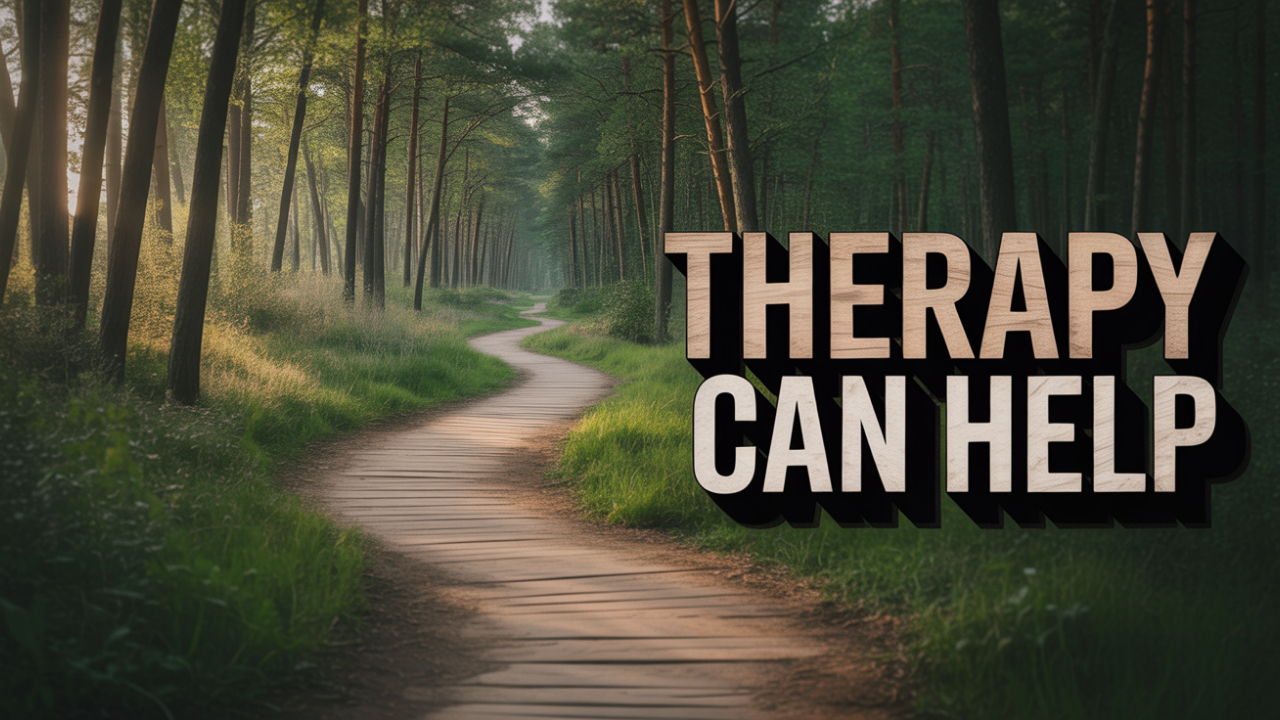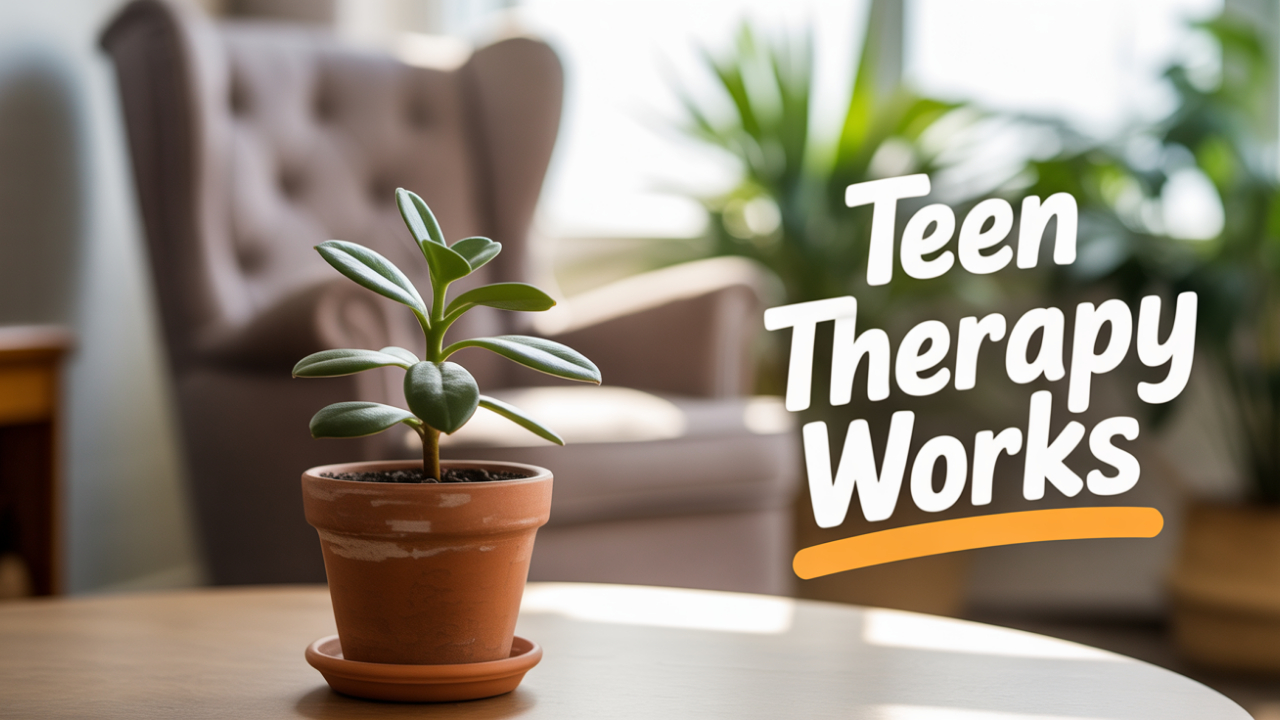Teen Therapy Options
Teenagers face many challenges that can affect their mental health. Academic pressure, social changes, family dynamics, and emotional stress can make it difficult for teens to cope. For some, these challenges lead to anxiety, depression, behavioral problems, or other mental health concerns. Teen therapy provides a safe and supportive environment where young people can understand their emotions, learn healthy coping skills, and improve their overall well-being.
At Adolescent Mental Health in Orange County, California, we specialize in therapy options designed to meet the unique needs of teens. This guide explains the most common therapy approaches for adolescents, how they work, and how to choose the best fit for your child.
Why Therapy Is Important for Teens
Adolescence is a time of rapid growth and change. Teens are developing their identity, navigating relationships, and preparing for adulthood. While this stage can be exciting, it can also feel overwhelming. Mental health struggles during this period can impact academic success, relationships, and self-esteem.
Therapy offers a place where teens can talk openly without judgment. A trained mental health professional helps them identify problems, process emotions, and build healthier patterns of thinking and behavior. Parents can also benefit from therapy by gaining insight into how to best support their child.

Common Signs a Teen May Need Therapy
Every teen experiences stress, but some signs indicate they may need professional support. These signs include persistent sadness or irritability, withdrawal from friends or family, sudden changes in behavior or academic performance, intense anxiety or panic attacks, frequent conflicts at home or school, self-harm or suicidal thoughts, difficulty managing anger, and changes in eating or sleeping habits.
If you notice these warning signs, seeking help early can make a significant difference in your teen’s recovery and development.
Types of Teen Therapy Options
There is no single approach to therapy that works for every teen. The right choice depends on the teen’s personality, mental health concerns, and goals. Several proven therapy options can help.
Individual Therapy
Individual therapy involves one-on-one sessions between the teen and a licensed therapist. It provides a private space to share thoughts and feelings, helps identify underlying issues, teaches coping skills for stress, anxiety, depression, or anger, and encourages self-awareness and personal growth. This format works well for teens dealing with anxiety, depression, low self-esteem, grief, or general emotional challenges.
Cognitive Behavioral Therapy (CBT)
Cognitive Behavioral Therapy is a structured, short-term approach that focuses on the connection between thoughts, feelings, and behaviors. It helps teens identify negative thinking patterns, replace unhelpful thoughts with healthier ones, develop problem-solving skills, and encourage positive changes in behavior. CBT is effective for teens with anxiety disorders, depression, obsessive-compulsive disorder, and stress-related problems.

Dialectical Behavior Therapy (DBT)
Dialectical Behavior Therapy was originally developed for borderline personality disorder but is effective for teens struggling with intense emotions. DBT teaches mindfulness, emotional regulation, distress tolerance, and communication skills. It also helps reduce impulsive or self-destructive behaviors, making it especially beneficial for teens who self-harm, have suicidal thoughts, or experience extreme mood swings.
Family Therapy
Family therapy includes parents, siblings, or other family members in the sessions. The goal is to improve communication, resolve conflicts, and strengthen the family unit. It teaches healthy communication patterns, promotes understanding between parents and teens, and builds a strong support system at home. This approach is useful for families dealing with ongoing conflict, divorce, blended family challenges, or stressful transitions.
Group Therapy
Group therapy brings together a small number of teens with a therapist to discuss shared challenges. It helps reduce feelings of isolation, offers peer support, and provides a safe environment to practice social skills. Teens also learn new coping strategies by hearing how others handle similar struggles. Group therapy is helpful for social anxiety, grief, peer pressure, and adjusting to major life changes.
Art and Creative Therapies
Art therapy, music therapy, and other creative approaches allow teens to express themselves in nonverbal ways. These methods encourage self-expression, build confidence, reduce stress, and help teens process emotions without relying solely on conversation. Creative therapies are especially effective for teens who find it difficult to talk about their feelings or who have experienced trauma.
Trauma-Focused Therapy
Trauma-focused therapy is designed for teens who have experienced abuse, neglect, violence, or other traumatic events. Using evidence-based methods such as Trauma-Focused CBT, this approach helps reduce symptoms of post-traumatic stress disorder and anxiety. It provides a safe space to process painful memories while building healthy coping skills.

How to Choose the Right Teen Therapy Option
Choosing the right therapy starts with a professional evaluation. A licensed mental health professional can assess the teen’s emotional and behavioral health and recommend the most effective approach. It is important to involve the teen in the decision-making process to encourage engagement and commitment. Consider the teen’s personality and comfort level—some may prefer talking openly, while others might benefit more from creative or activity-based therapies. Selecting a therapist with experience in adolescent mental health ensures your teen receives specialized care.
Benefits of Teen Therapy
Therapy provides long-term benefits that can extend well into adulthood. Teens who participate in therapy often develop better emotional regulation, stronger communication skills, and effective coping strategies for managing stress. They also gain confidence, improve relationships with family and peers, and build a healthier self-image. Early intervention through therapy can prevent small issues from becoming serious mental health conditions later in life.
Supporting Your Teen Outside of Therapy
Parents play an essential role in their teen’s mental health journey. Providing support at home can help therapy be more effective. Listening without judgment encourages teens to share their thoughts and feelings. Promoting healthy habits such as regular exercise, balanced nutrition, and adequate sleep strengthens mental well-being. Being patient is important, as progress takes time. Staying involved by asking about therapy and attending family sessions when recommended can also help reinforce positive changes.
Teen Therapy at Adolescent Mental Health
At Adolescent Mental Health in Orange County, we offer a wide range of therapy options specifically designed for teenagers. Our licensed therapists create a safe and compassionate environment where teens feel heard, understood, and supported. Whether your child is facing anxiety, depression, trauma, or challenges at school, our team can help them develop the tools they need to navigate life with resilience and confidence.
If your teen is struggling with emotional or behavioral issues, professional help is available. Contact Adolescent Mental Health today to learn more about our therapy programs and schedule an assessment.
Frequently Asked Questions
1. How do I know if my teen needs therapy?
Signs that a teen may need therapy include ongoing sadness, sudden changes in mood or behavior, withdrawal from friends or family, academic decline, difficulty managing anger, or expressing thoughts of self-harm. If these issues persist for more than a few weeks or start affecting daily life, it may be time to seek a professional evaluation. Early intervention can help prevent problems from becoming more severe.
2. What type of therapy works best for teens?
The best type of therapy depends on the teen’s specific needs and comfort level. Cognitive Behavioral Therapy (CBT) is effective for anxiety, depression, and stress. Dialectical Behavior Therapy (DBT) helps with emotional regulation and impulsive behaviors. Family therapy improves communication and relationships, while creative therapies like art or music can help teens express themselves in nonverbal ways. A mental health professional can recommend the right approach after an assessment.
3. How long does teen therapy usually take to show results?
The timeline varies depending on the issues being addressed, the teen’s engagement in the process, and the type of therapy. Some teens notice improvements within a few weeks, while others may need several months or longer. Consistency is key—attending sessions regularly and practicing skills learned in therapy can help speed progress.
4. Can parents be involved in their teen’s therapy?
Yes, parents often play an important role in the therapy process. Depending on the situation, therapists may invite parents to join certain sessions, especially in family therapy. Even in individual therapy, therapists often provide parents with feedback and strategies to support their teen at home. Open communication between the therapist, teen, and family can improve outcomes and strengthen support systems.









